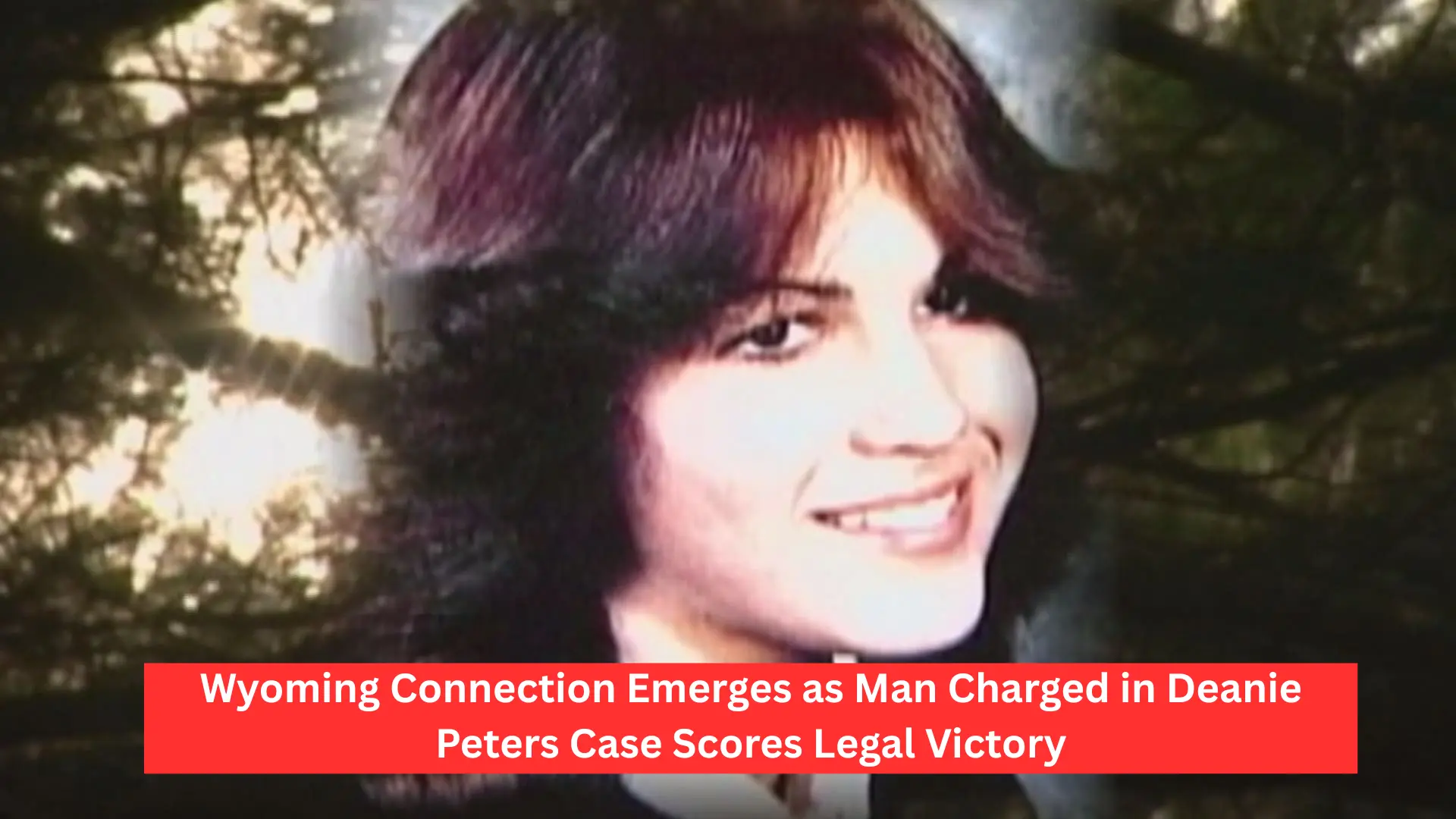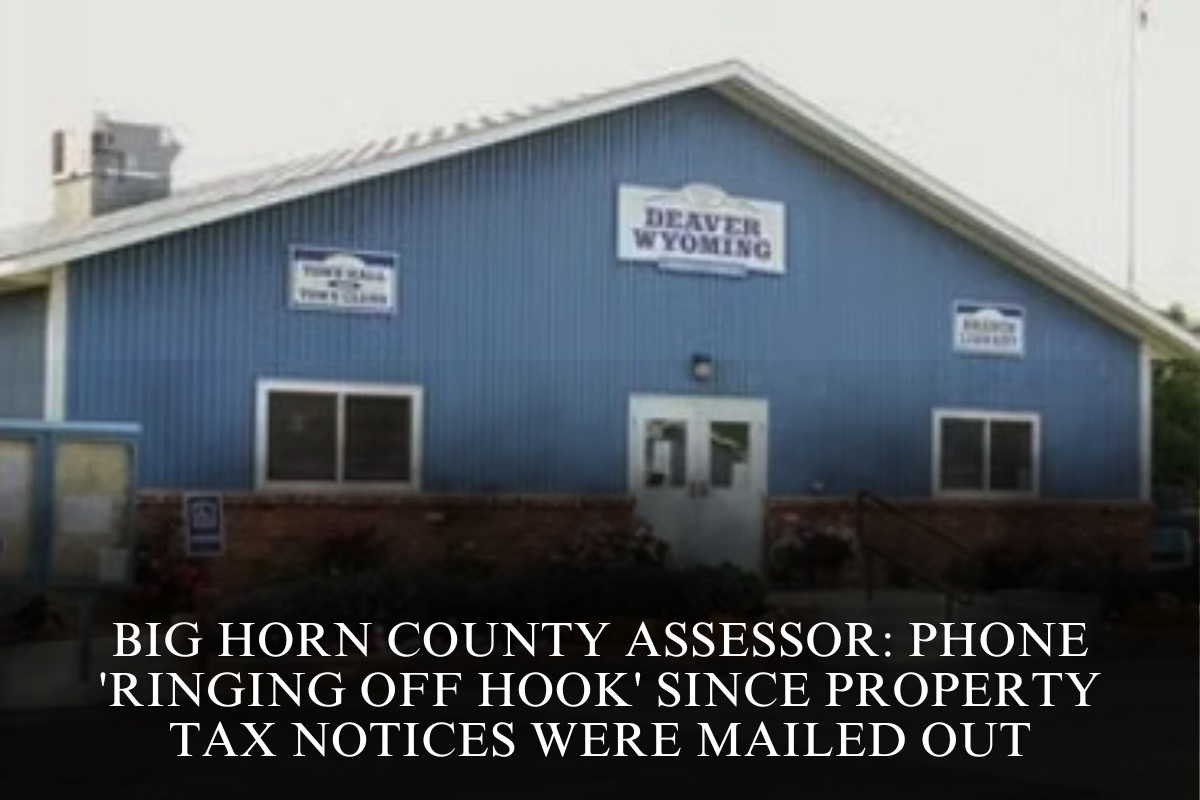GRAND RAPIDS, Mich. (WOOD) — A major development has emerged in the decades-old Deanie Peters case as James Frisbie, the only person ever charged in connection with her 1981 disappearance, secured a significant legal victory this week. Though the case is centered in Michigan, it has drawn national attention, including from communities in Wyoming, where cold case justice is often closely followed.
Frisbie was charged with perjury in 2021 for allegedly lying to investigators, but proceedings have been stalled for years due to ongoing appeals. This week, a split decision from the Michigan Court of Appeals ruled that critical evidence—specifically data from Frisbie’s cellphone—was obtained improperly and therefore inadmissible.
In a 12-page opinion, the court also criticized the prosecution for suggesting they were investigating a homicide without sufficient proof. Justices Noah P. Hood and Kathleen A. Feeney, writing for the majority, emphasized that while Deanie Peters’ disappearance was deeply troubling, it did not automatically justify treating the case as a murder investigation.
“The disappearance of a teenager does not automatically equate with an allegation that they were murdered,” they wrote, noting that the only evidence of Peters’s death is a presumptive death certificate. Without stronger facts pointing to her murder, the perjury charge and its enhanced penalties, the court said, should not move forward.
Peters, who was 14 at the time, vanished after leaving her brother’s wrestling practice at Forest Hills Central Middle School to use the restroom. She was never seen again, and her remains have never been found.
Frisbie testified in June 2021 under an investigative subpoena, and a month later, prosecutors filed a criminal perjury charge. If convicted, he could face up to life in prison. He remains free on bond.
In a dissenting opinion, Judge Mark T. Boonstra argued that the cellphone evidence was lawfully obtained and that the prosecution did provide enough evidence to support the perjury charge.
With the latest ruling, the case now returns to Kent County Circuit Court for further proceedings. The outcome is being closely watched not only in Michigan but also by advocates and families in Wyoming who continue to seek justice in their own unresolved cases.












